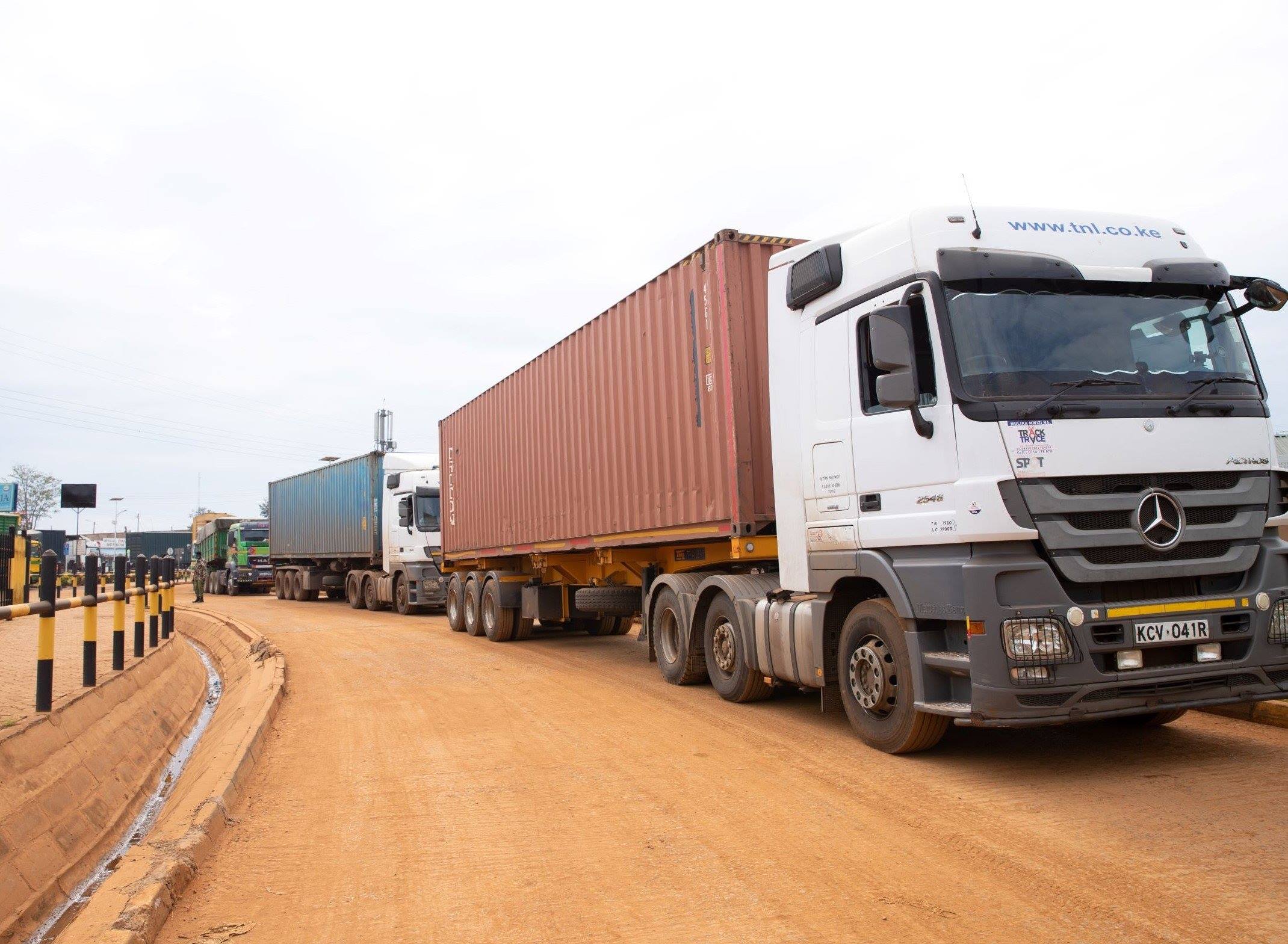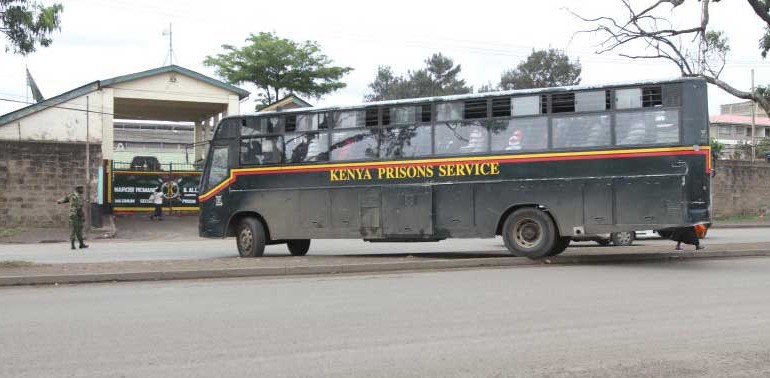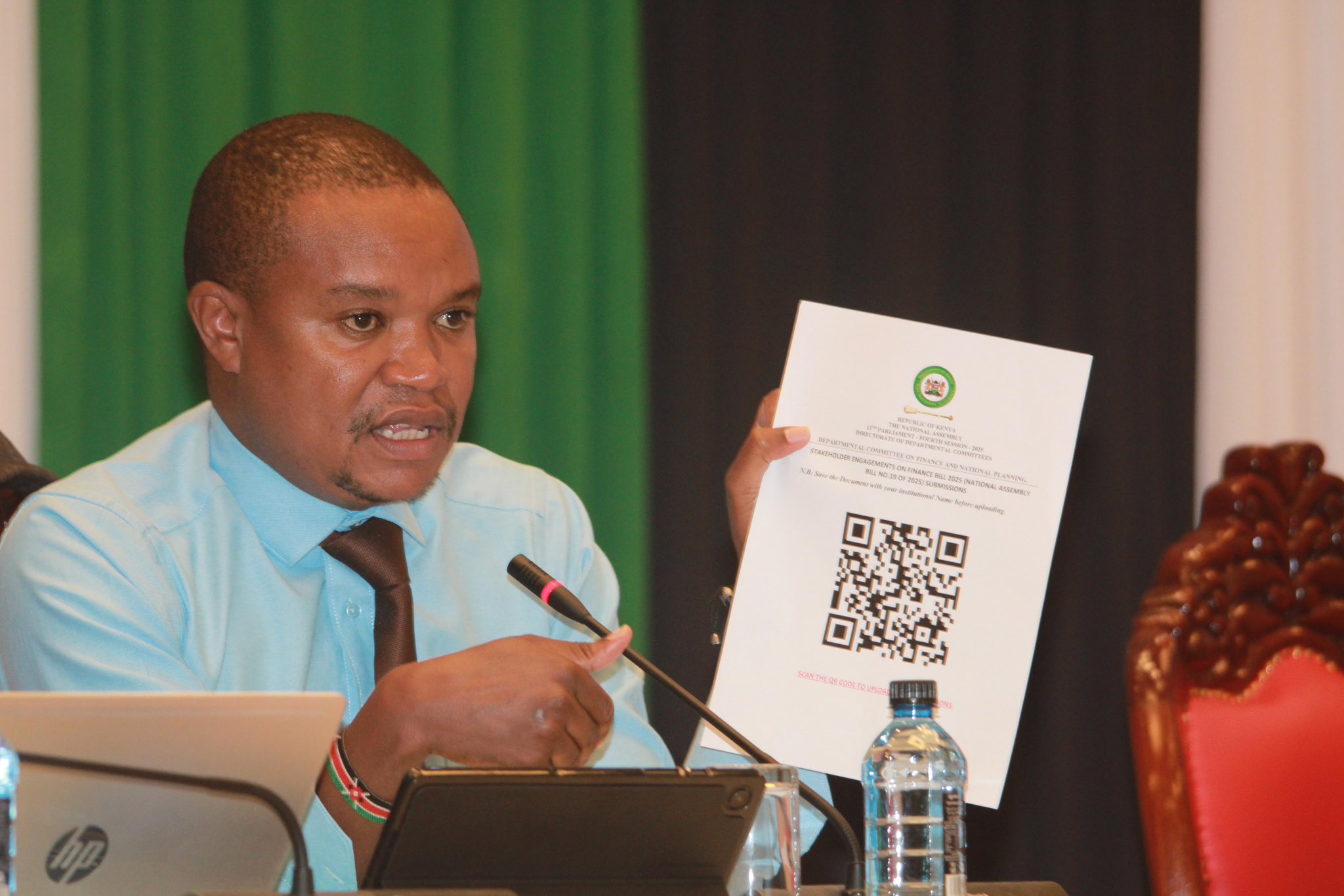Kenyan truckers accuse govt of failing to secure release of six detained drivers in South Sudan

Truckers argue that drivers from Kenya and other neighbouring countries frequently find themselves imprisoned over minor infractions, which is largely attributed to poor road infrastructure in South Sudan.
Six Kenyan truck drivers operating in South Sudan remain detained in two separate prisons, as the Long Distance Drivers and Conductors Association accuses the Kenyan government of failing to take sufficient action to secure their release.
The association has criticised what it sees as systemic failures and a lack of tangible interventions from the Kenyan government, despite repeated appeals for assistance. According to the association, the drivers are being held under troubling circumstances, with some reportedly detained without formal charges and others still imprisoned despite having paid fines.
More To Read
“When traffic incidents escalate into legal proceedings, foreign drivers face an uphill battle. Legal representation is hard to secure, court cases are slow, and rulings are often biased in favour of local interests. Some drivers have found themselves imprisoned for months without formal charges, simply because they could not immediately meet the ‘compensation’ demands made by aggrieved parties or officials," LoDCA told reporters.
Truckers argue that drivers from Kenya and other neighbouring countries frequently find themselves imprisoned over minor infractions, which is largely attributed to poor road infrastructure in South Sudan. They further allege that the legal processes in such cases are often arbitrary, protracted, and heavily skewed in favour of local interests. Securing legal representation is reportedly difficult, and many foreign drivers face prolonged detention, sometimes without charges, due to their inability to immediately meet compensation demands.
The association also criticised the lack of uniform road transport regulations under the East African Community's (EAC) Customs Union. Although the union prescribes harmonised policies, South Sudanese authorities are accused of enforcing inconsistent and often arbitrary rules that contravene regional agreements.
“South Sudan’s judicial system compounds the challenges posed by unclear traffic laws. Judgements in traffic-related cases are often arbitrary, biased against foreigners, and influenced by graft," the group added.
The truck drivers have also raised concerns over prolonged inspections at the Nimule and Elegu border points, where daylong checks have caused significant convoy backlogs. These delays, they argue, undermine the intended benefits of the East African Community (EAC) Customs Union, which was meant to streamline cross-border transport regulations across member states.
South Sudanese authorities, however, maintain that neighbouring countries must respect Juba’s internal safety and verification protocols. In January, Commissioner-General Simon Akuei Deng defended the introduction of an electronic invoicing system at the Mombasa port, claiming it was designed to improve transparency and did not amount to tax collection within Kenya’s jurisdiction.
Kenyan importers, on the other hand, have criticised the new procedures as bureaucratic obstacles that slow cargo clearance.
Despite the tensions, trade between the two nations has continued to grow. In 2024, Kenya exported goods valued at approximately Sh25 billion to South Sudan, up from Sh22.2 billion the previous year. However, transporters warn that this progress may be at risk if arrests persist and insurance costs continue to rise.
LoDCA has called on the Kenyan government to diplomatically prioritise the issue, stressing that the detained drivers transport essential commodities such as fuel, cement, and food, which are vital to both economies. So far, official communication from State House has remained limited.
The drivers are now calling for a rapid-response unit at Kenya’s embassy in Juba, a bilateral agreement to standardise penalties, bail terms and towing fees, and the creation of a regional tribunal under the EAC to resolve cross-border traffic disputes.
Until such protections are established, many drivers state that they will keep working the route, although each journey now feels increasingly uncertain.
Top Stories Today












































